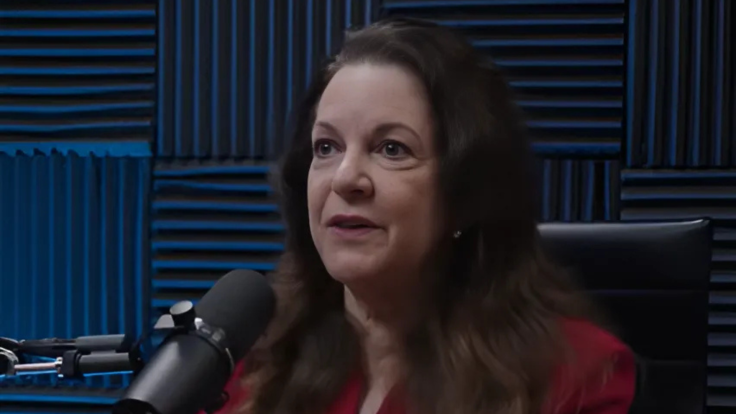Applebee's Refused to Make Julia Stewart CEO After She Saved the Company; So She Bought It Instead
Julia Stewart turned rejection into power by purchasing Applebee's after being refused the CEO seat

Julia Stewart revitalised Applebee's, but when she was denied the top job, she turned rejection into one of the boldest comebacks in the restaurant industry.
In the early 2000s, Stewart was credited with helping Applebee's find its footing again. She championed menu changes, worked closely with franchisees and pushed strategies that boosted sales. Yet when the company needed a new chief executive, the board chose someone else. For Stewart, the decision was crushing but it wasn't the end of her story.
Instead of staying put, Stewart left and took charge of IHOP in 2001. Within just a few years she turned the struggling breakfast chain into a rising star, proving she had the leadership vision Applebee's had overlooked. Her greatest move came in 2007 when IHOP, under her command, bought Applebee's for nearly $2.1 billion instantly flipping the power dynamic and placing her in control of the very company that had once passed her over.
From Rejection to Revenge Buy
Applebee's, once America's largest casual dining chain, was facing declining sales and growing competition at the time of the takeover. Stewart saw opportunity where others saw risk. She merged the two brands under DineEquity, later renamed Dine Brands Global, creating one of the biggest players in the dining sector.
For Stewart, the deal was more than just a business acquisition. It was personal. She had poured her energy into Applebee's only to be told she wasn't fit for the top role. Buying the company back through IHOP was, in many ways, a statement and a powerful one at that.
Breaking Barriers
Her story has since become a landmark case in leadership and resilience, especially for women in boardrooms. At a time when female CEOs were rare in the restaurant world, Stewart's determination broke through old corporate barriers. She not only ran one major brand but came back to lead two.
Her formula was simple but effective: connect with customers, innovate menus and strengthen franchisee relationships. IHOP's turnaround was credited to her deep understanding of both diners and operators, a combination that many analysts say sets her apart.
A Bigger Picture
The Applebee's deal also reflected broader changes in casual dining. Consumers were shifting their habits, favouring fresher, faster and often cheaper options. Consolidation became the industry's survival strategy. Stewart's acquisition gave IHOP a strong presence in lunch and dinner, balancing its breakfast-heavy reputation, while giving Applebee's the restructuring it desperately needed.
Closures followed, but so did smarter marketing and a clearer brand identity. Industry observers say the move kept both companies competitive at a time when many chains disappeared from the high street.
Lasting Impact
Stewart eventually stepped down from DineEquity in 2017, but her legacy continues to resonate. She is often cited as an example of resilience, someone who turned professional disappointment into long-term victory. Business schools still use her story as proof that rejection can sometimes create the space for even greater success.
In later reflections, Stewart has spoken of persistence and courage as the cornerstones of her journey. From being denied the CEO seat at Applebee's to becoming the woman who bought the chain outright, her career remains one of the most striking comebacks in corporate history.
© Copyright IBTimes 2025. All rights reserved.




















